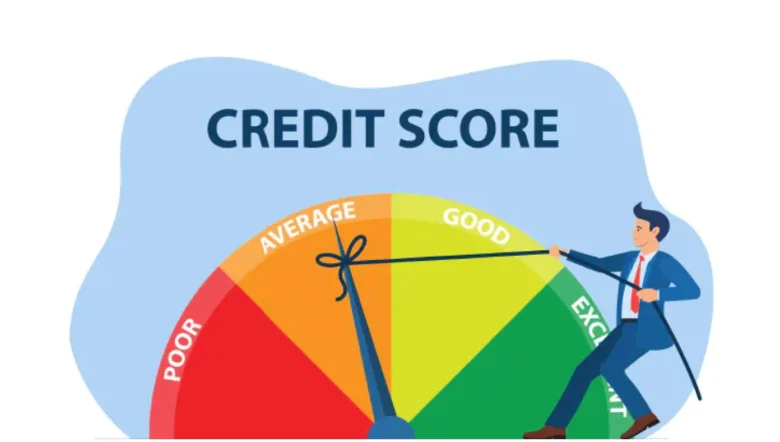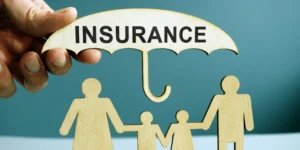Your credit score is a report card of your financial standing that can influence major decisions in life. This three-digit number will determine whether you are approved for a loan or not and what your interest rate is. Understanding credit scores and using smart credit management techniques can help you save thousands of dollars in your lifetime while also opening up new financial opportunities.
Understanding Credit Scores and their Impact
Scores range between 300 and 850. Higher scores indicate better creditworthiness. Scores above 670 are considered good by most lenders, and scores above 740 are excellent. These numbers aren’t random—they’re calculated by complex algorithms that analyze and predict your ability to repay debts on schedule. A high credit score is viewed by lenders as a low-risk borrower, which results in lower interest rates, a higher credit limit, and better loan terms. Poor credit can lead to loan rejections and expensive borrowing costs.
The Factors that Affect Your Credit Score
Payment history is the largest factor in calculating your credit score and accounts for 35% of it. This factor determines whether you have paid all your bills, including credit card, loan, and other obligations, on time. Even one late payment, especially when it is more than 30 days overdue, can have a negative impact on your score. Credit utilization is a measure of how much credit you are using on all your accounts. It makes up around 30% of your overall score. Your credit history accounts for about 15% of your score. It takes into account both the oldest account as well as the average age of the rest of your accounts. About 10% of your credit score is attributed to credit mix and new inquiries. This reflects the different credit types that you have and how often you apply for credit.
Building Credit from the Ground Up
Adding yourself as an authorized user to a family member’s credit card will give you a boost if you have no credit history. You can benefit from the established credit history of your family member and their good payment record. Secured credit cards are another great option. They require a deposit of cash that will become your credit limit. These cards work like regular credit cards, but they provide lenders with a safety net while you build a history of payments. Student credit cards are designed for college students who have a limited credit history. They often have fewer approval requirements, and they can be a good stepping stone into traditional credit products. No matter which method you use, paying off small purchases in full every month shows responsible credit management.
Maintaining Excellent Credit Over Time
Maintaining a good credit score requires consistency. Install automatic payments so you don’t miss any due dates. Payment history is the single most important factor for credit scores. Credit utilization should be kept below 30% of total credit available, but aiming to keep it under 10% is better. Close old credit cards—especially those with no annual fee—as they add to your credit history and credit available. Check your credit report regularly for any errors or fraudulent activities that may affect your score. Take advantage of the free credit reports provided by Experian, Equifax, and TransUnion, which are all three major credit bureaus.
Those Credit Mistakes that Can Cost You
Consistently late or missing payments is one of the worst mistakes you can make. Late payments can affect your credit score for seven years. Credit card maxing can indicate financial distress to lenders and negatively impact your credit utilization rate. Multiple credit applications in a short timeframe can lower your credit score temporarily and suggest that you are desperate for credit. Closing credit cards can reduce your credit limit and your credit history. Both of these factors can affect your score. The most important thing to remember is not to monitor your credit reports and to ignore them completely. Such behavior can lead to errors and fraud going unnoticed.
Take Control of Your Financial Situation
To build and maintain good credit, you need patience, discipline, and strategic planning. Check your credit report and credit score to see where you stand. Plan to make consistent payments on time while keeping your credit usage low. Credit building is not a race; it’s a marathon. Positive changes in your credit score take time, but they are worth the wait. Credit can help you get better rates on car loans, mortgages, and credit cards. These improvements could save you thousands over the course of your life. Implementing these strategies and avoiding common mistakes will help you achieve and maintain excellent credit, which is the foundation of financial success.
FAQs
1. How much time does it take for a person to establish a favorable credit rating?
IIt takes six months to one year for a person to build good credit. It can take years to build excellent credit, because credit scores gradually improve over time.
2. Does checking my own credit score affect it?
CChecking your own credit report is not considered a hard inquiry and does not affect your credit score. You can monitor your own credit score as many times as you like, without it having any negative effects.
3. Can I use my credit card balance to build credit?
This is a myth. Credit can be built without carrying a balance. Paying off your entire balance every month shows responsible credit management and avoids unnecessary interest charges.
4. How Many Credit Cards Should I Have?
It’s not a magic number. BHaving two to three credit cards is a great way to build credit and offer rewards. It’s important to use them responsibly and not accumulate too many accounts.
5. Can I improve my credit score quickly if it’s damaged?
There is no quick fix for bad credit, but you can improve your score in a matter of months by paying off balances, paying on time, and correcting any errors that may be on your report. It usually takes 6-12 months to see significant improvements.




